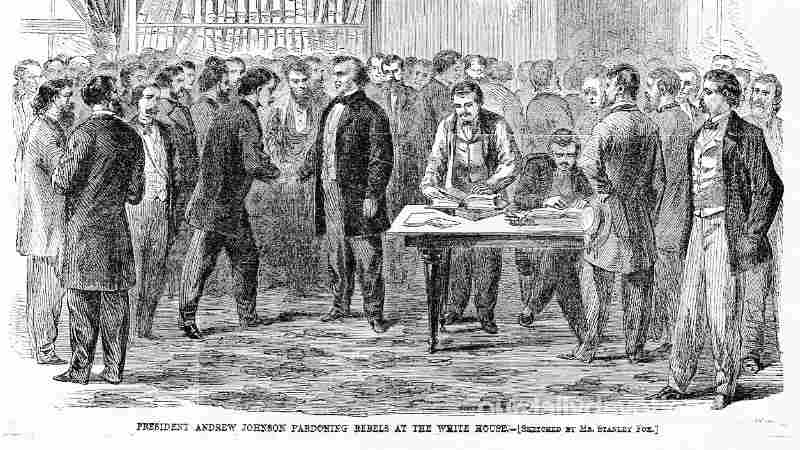(a) Heb. «Shêbet»: rod, or staff of punishment (Ex. 21:20; 2 Sam. 7:14; Jb. 9:34; Pr. 10:13; Is. 11:4). Sometimes the shepherd's rod (Ez. 20:37; Mi. 7:14).
The shepherds make their sheep pass under their rods to count them more easily; This is how the Lord will take care of each of his sheep in a particular way. The rod is also a symbol of power and authority (Ps. 2:9; cf. Jer. 48:17).
(b) Heb. "matteh", rod, walking stick (Ex. 4:2; 8:1; 1 Sam. 14:27, 43).
Moses' staff was a shepherd's staff, also used on occasions by Aaron, with which the two brothers performed miracles.
For this reason it was also called the "rod of God" (Ex. 4:20; 17:9). When the high priesthood instituted by Moses was the subject of criticism and murmuring by the people, God caused Aaron's rod to blossom in one night (Num. 17:1-11).
Here there seems to be a symbol of the resurrection of Christ, whose divinity and high priesthood were confirmed by his resurrection from the dead (Rom. 1:4; cf. Heb. 9:4).
(c) Gr. «rhabdos», from which the verb «rhabdizõ» is derived:
the traveler's staff (Mt. 10:10);
the rod of punishment (1 Cor. 4:21);
the scepter of equity and the kingdom (Heb. 1:8).
Flagellation with rods was a Roman punishment that was applied to Christ (Mk. 15:15), as well as to Paul and Silas (Acts 16:22; 22:25; 2 Cor. 11:25).
Meaning of ROD
(a) Heb. «Shêbet»: rod, or staff of punishment (Ex. 21:20; 2 Sam. 7:14; Jb. 9:34; Pr. 10:13; Is. 11:4). Sometimes the shepherd's rod (Ez. 20:37; Mi. 7:14).







